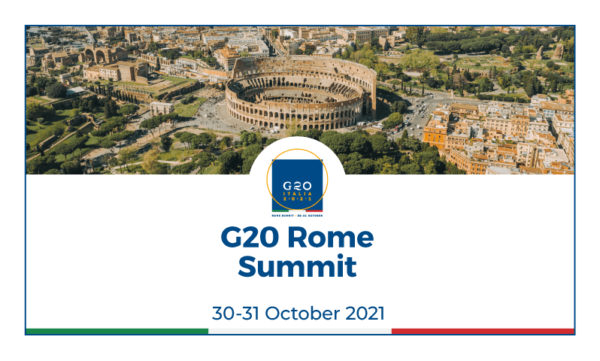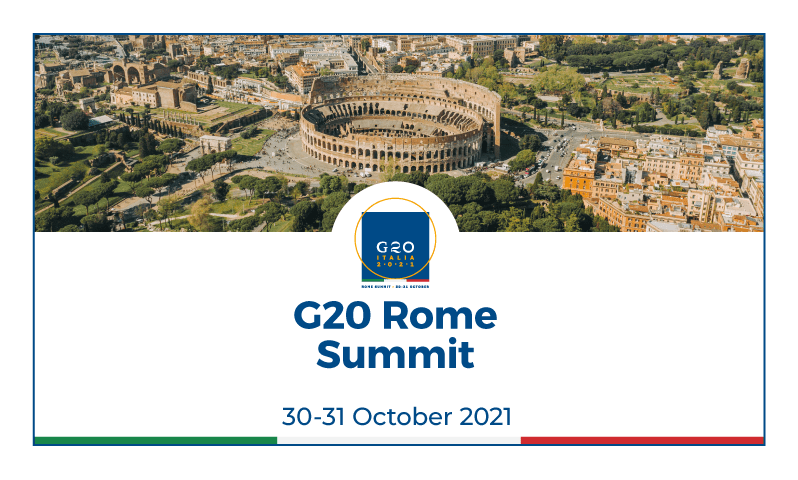
G20 leaders have approved a global agreement that will see the profits of large businesses taxed at least 15%.
It follows concern that multinational companies are re-routing their profits through low tax jurisdictions.
The pact was agreed by all the leaders attending the G20 summit in Rome.
Climate change and Covid are also on the agenda of the summit, which is the leaders’ first in-person gathering since the start of the pandemic.
Leaders of the world’s 20 major economies – made up of 19 countries and the EU – is short by two, however, with China’s Xi Jinping and Russia’s Vladimir Putin choosing to appear via video link.
The tax deal, which was proposed by the US, is expected to be officially adopted on October 31, according to Reuters, and will be enforced by 2023.
US Treasury Secretary Janet Yellen said the historic agreement was a “critical moment” for the global economy and will “end the damaging race to the bottom on corporate taxation”.
Janet Yellen tweeted that US businesses and workers would benefit from the deal even though many US-based mega-companies would have to pay more tax.
Kerch Strait Clash: Donald Trump Cancels Meeting with Vladimir Putin at G20 Summit
The G20 summit comes ahead of the much-anticipated COP26 summit on climate change in Glasgow which begins on November 1. What happens at the G20 may set the tone for COP26, with sharp divisions remaining between countries on their commitments to tackling climate change.
Italy’s PM Mario Draghi opened the two-day G20 summit with a message of unification, telling world leaders that “going it alone is simply not an option. We must do all we can to overcome our differences”.
There are increasingly dire warnings from experts for the future if urgent action is not taken to cut carbon emissions.
According to Reuters, a draft communiqué outlines a promise from the G20 to work towards limiting the rise in temperatures to 1.5C (2.7F), saying it “will require meaningful and effective actions by all countries”.
The draft also notes the need for “developed countries to mobilize $100bn annually from public and private sources through to 2025 to address the needs of developing countries” so they can tackle climate change – a promise richer countries have failed to keep since 2009, when it was initially pledged.
